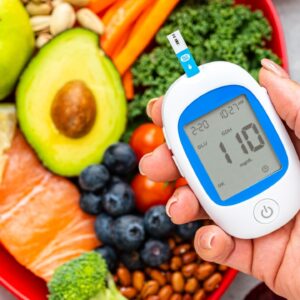Description
Test Name: Urine ACR (Microalbumin / Creatinine Ratio)
Sample Required: Urine (Spot sample, sometimes 24-hour collection)
Fasting Required: ❌ Not required
Report Time: Within 24 hours
Overview:
The Urine ACR test checks the amount of a protein called albumin in your urine compared to creatinine. This test helps in finding early kidney damage, especially in people with diabetes and high blood pressure.
Why is this test important?
-
Detects early signs of kidney disease
-
Monitors kidney health in diabetic and hypertensive patients
-
Helps doctors prevent further kidney damage with timely treatment
A simple urine test that gives an early warning about ki
Test Name: Urine Albumin-to-Creatinine Ratio (ACR)
Clinical Significance:
The ACR test measures the concentration of albumin (mg) relative to creatinine (g) in urine. It is the preferred method for detecting microalbuminuria, which is an early marker of diabetic nephropathy and chronic kidney disease (CKD). This ratio corrects for variations in urine concentration, making it more reliable than spot urine albumin alone.
Reference Ranges (may vary by lab):
-
Normal: <30 mg/g creatinine
-
Microalbuminuria: 30 – 300 mg/g creatinine
-
Macroalbuminuria: >300 mg/g creatinine
Indications:
-
Screening and monitoring of diabetic nephropathy
-
Assessment of kidney involvement in hypertension
-
Early detection of chronic kidney disease (CKD)
-
Evaluation of patients at high risk of renal impairment
Preparation:
-
No fasting required
-
Random urine sample usually sufficient, though early morning sample preferred
-
24-hour urine collection may be advised in special cases
Turnaround Time:
-
Results available within 24 hours
NABL report provide







Reviews
There are no reviews yet.